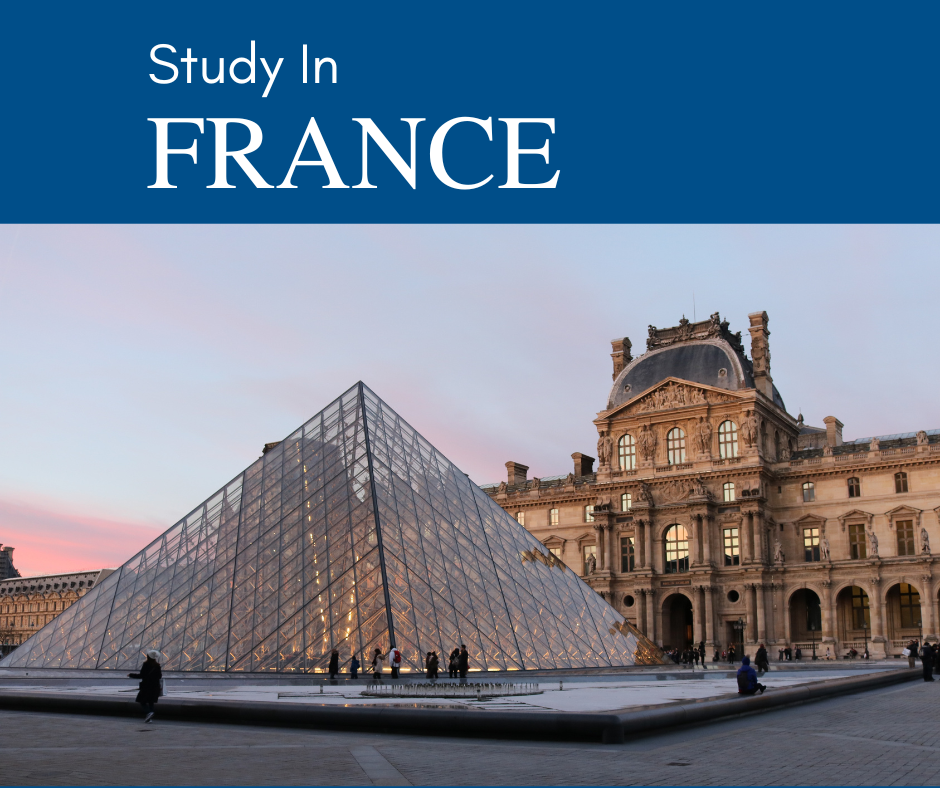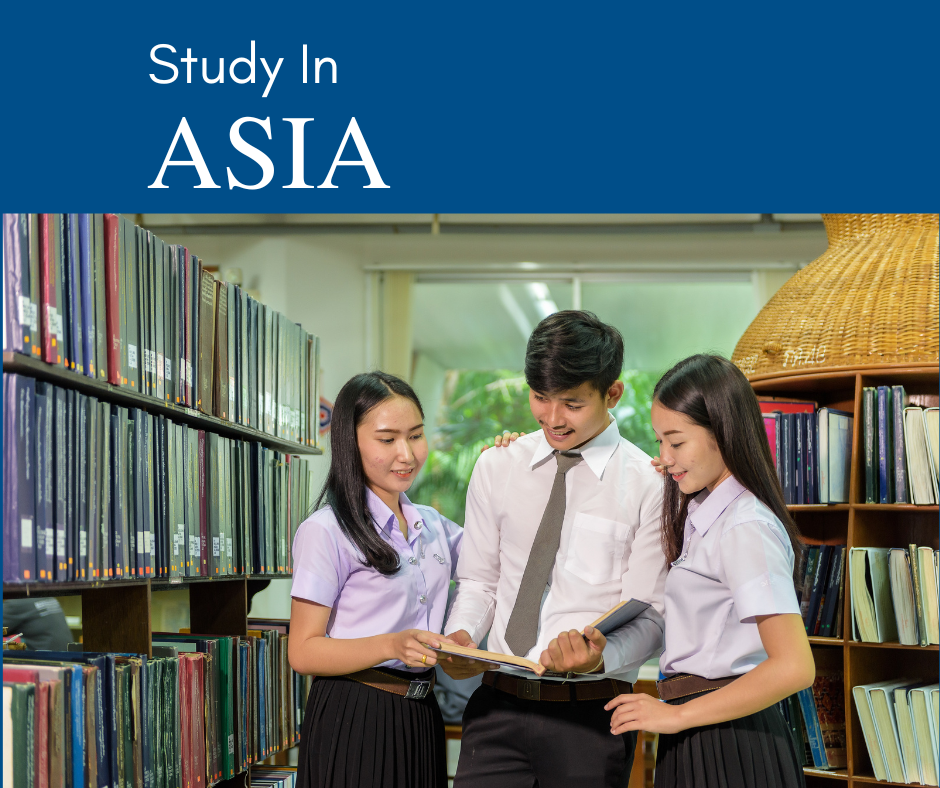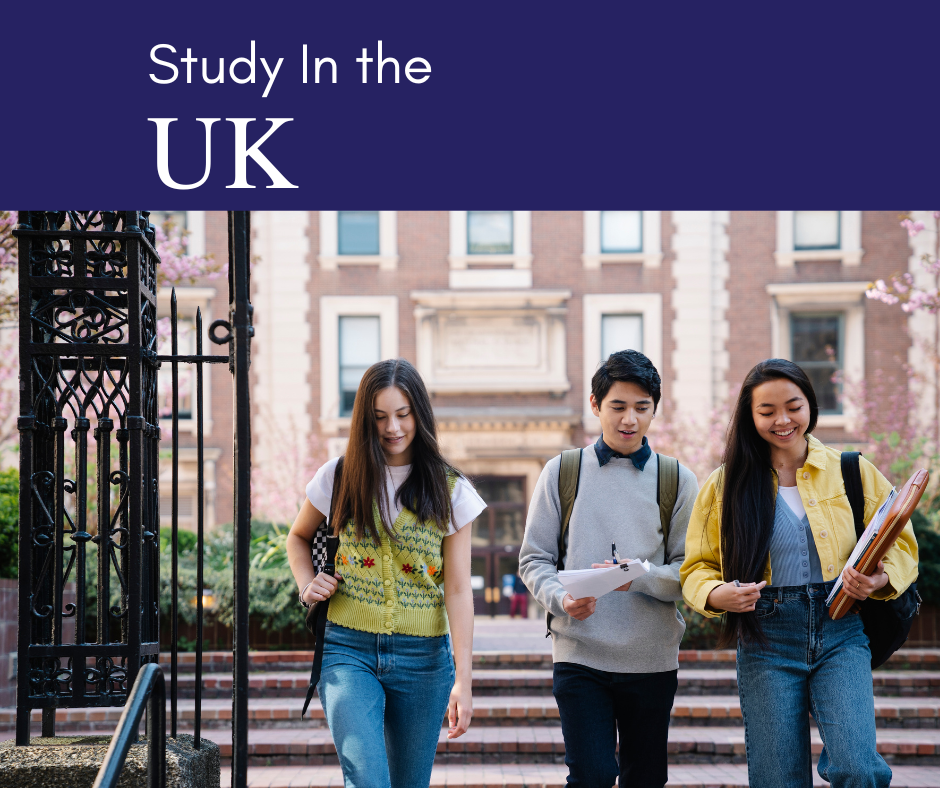
From “Go Home” Chants to Visa Revocations: The Intersection of Free Speech, Protests, and Student Enrolment
Share
When Speech Costs More Than Words
A student at Tufts had her visa revoked under a crackdown that conflates political speech (pro-Palestinian activism) with national security risk. Meanwhile, in the UK, anti-immigration marches under “Unite the Kingdom” and other protest movements prominently feature rhetoric that rejects immigration more broadly, sometimes targeting visible minority communities. In Australia, Indian communities report being unsettled by protests and by inflammatory rhetoric.
For many international students, free speech isn’t a side issue—it’s tied up with legal risk, sense of belonging, career opportunities, and safety.
How These Dynamics Intersect with Enrolment
Perceived Risk Matters
If students believe that voicing opinions—even academic ones—might endanger their visa status, or that immigration enforcement may target them over speech or social media activity, that influences where they apply. The risk perception might lead them to:
- avoid certain institutions or countries
- choose quieter fields of study
- limit their public presence
Real vs Perceived Blocking
- In the USA, visa revocations or status threats tied to social media or protests have been reported.
- In the UK and Australia, while visa revocation for speech is less reported, anti-immigration protests convey social and political undercurrents that may shift public policy or universities' policies around student expression.
Feedback Loop
Political rhetoric → policy proposals or enforcement changes → increased uncertainty → lower enrolment from politically sensitive source markets.
Governments may respond to protestor pressure by tightening immigration or speech laws, which in turn reinforces negative perceptions abroad.
Country Snapshots
| Country | Recent Political Events / Protests Impacting Immigration | Implications for International Students |
|---|---|---|
| USA | Visa revocations, executive orders tying speech to deportation risk; internal university free speech controversies. | Heightened fear in source markets; possible decline in applicants from sensitive regions; pressure on universities to clarify policy. |
| UK | Large anti-immigration marches; public and political pressure to restrict migration; immigration policy is a hot issue in government politics. | Perception risk; students may second-guess UK as welcoming; universities may pass on costs or tighten compliance. |
| Australia | “March for Australia” protests; debates over migrant numbers, housing, infrastructure; visible rhetoric targeting immigrants. | Negative community signalling; worry among immigrant student communities; potential tightening or policy shifts as response. |
| Germany | Less intense protest activity recently; policy seen as more stable; growing as “safe harbour” alternative in student mobility. | Potential advantage as students shift from more volatile destinations; opportunity to market stability and inclusivity. |
New Perspectives & Data to Watch
- Survey prospective students from high-risk source markets (South Asia, the Middle East, Africa) about whether free speech/protest risk influences their destination decision.
- Track enrolment trends vs protest intensity: build datasets linking frequency and intensity of anti-immigrant protests with drops in international applications or visa approvals.
- Study “chilling effects” in speech: whether students on campus limit academic inquiry or activism out of fear, and how that impacts university branding, academic freedom, and student satisfaction.
What Universities & Policymakers Should Consider Doing
- Clarity in policy around protest, free speech, social media use, and what might trigger visa risk. Public statements can reduce perceived risk.
- Support networks and counselling for international students who may feel vulnerable. Messaging in recruitment materials about rights, speech, safety.
- Avoid reactionary policy changes in moments of protest pressure. Laws passed under duress or fear risk being unjust and damaging future competitiveness.
- Marketing stability: Destinations that can credibly claim “stable legal treatment, free speech protected, speech vs politics vs visa risk separated” will have an edge.
Conclusion
Immigration protests and political moves are no longer confined to domestic policy papers—they carry international ripples. For students navigating where to study, what they perceive as safety, rights, and predictability now matter as much as cost and prestige. Countries and universities that ignore the link between politics and perception will find themselves losing not just enrolments, but the trust foundational to global education.










